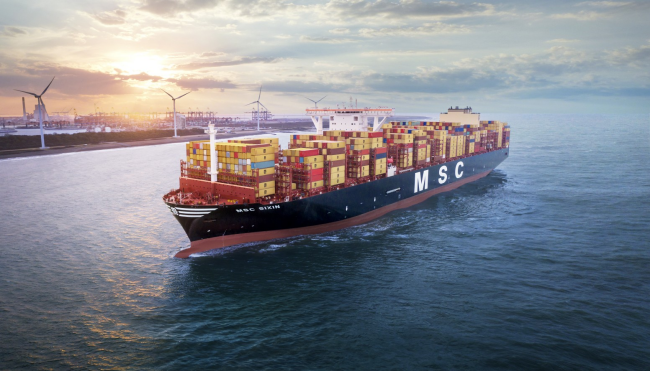According to the US "Wall Street Journal" website, because of the delay in updating the US trade agreement, US manufacturers are moving back to China.

According to the report, in 2019, Adam and Amy Fazakli shifted the production of their cosmetic storage bags from China to Cambodia in the face of tariffs imposed by the United States to reduce imports from China. Now they are starting to transfer orders back to China.
The reason is that the United States has not extended a decades-old trade agreement for developing countries. Now, they also face tariffs on imports from Cambodia. That has slumped profits for their Alexandria, Va.-based company. China's cheaper shipping costs and unrivaled ability to produce large volumes quickly mean they have to come back.
"We're a small business. We try not to complain, we try to adapt," Mr Farzakli said.
By moving production out of China, he and his wife believe they are doing what successive U.S. administrations and Congress have wanted. He said: "In the end, you made us miserable."
According to the report, the GSP treatment implemented by the United States will expire in December 2020, which means that thousands of goods from more than 100 countries and regions will lose their duty-free access to the US market.
The program has expired more than a dozen times since it went into effect in 1975, often with swift extensions. This time, the delay was complicated by political wrangling over how to decide which countries were eligible for GSP and procedural hurdles related to broader divisions in Congress on trade and China.
For some companies, that means soaring costs and difficult decisions about where to manufacture. U.S. importers have had to choose whether to raise prices on goods, absorb the hit through lower margins, or find cheaper places to produce. For some U.S. companies, that means returning to China.
Gary Lemanski, who runs a business in Graun, Mich., imports leather rifle bags from the Philippines. Lemansky said that the transportation and other costs in the Philippines are much higher than those in China. Therefore, once it is clear that the Philippines is no longer eligible for the GSP, he will import products from Ningbo.
Five years ago, a company in Perris, California, that produced transformers and other electronic components changed 80% of its product imports from China to the Philippines.
Even in 2019, the Trump administration raised the import surcharge on transformers produced in China to 25%, said Bill Doerr, the head of the company. Thanks to the support of the Chinese government and a mature supply chain, Chinese manufacturers are still very competitive in terms of price. About 22% of the company's imports came from China last year, and that could rise to more than 30% this year, Doerr said.
